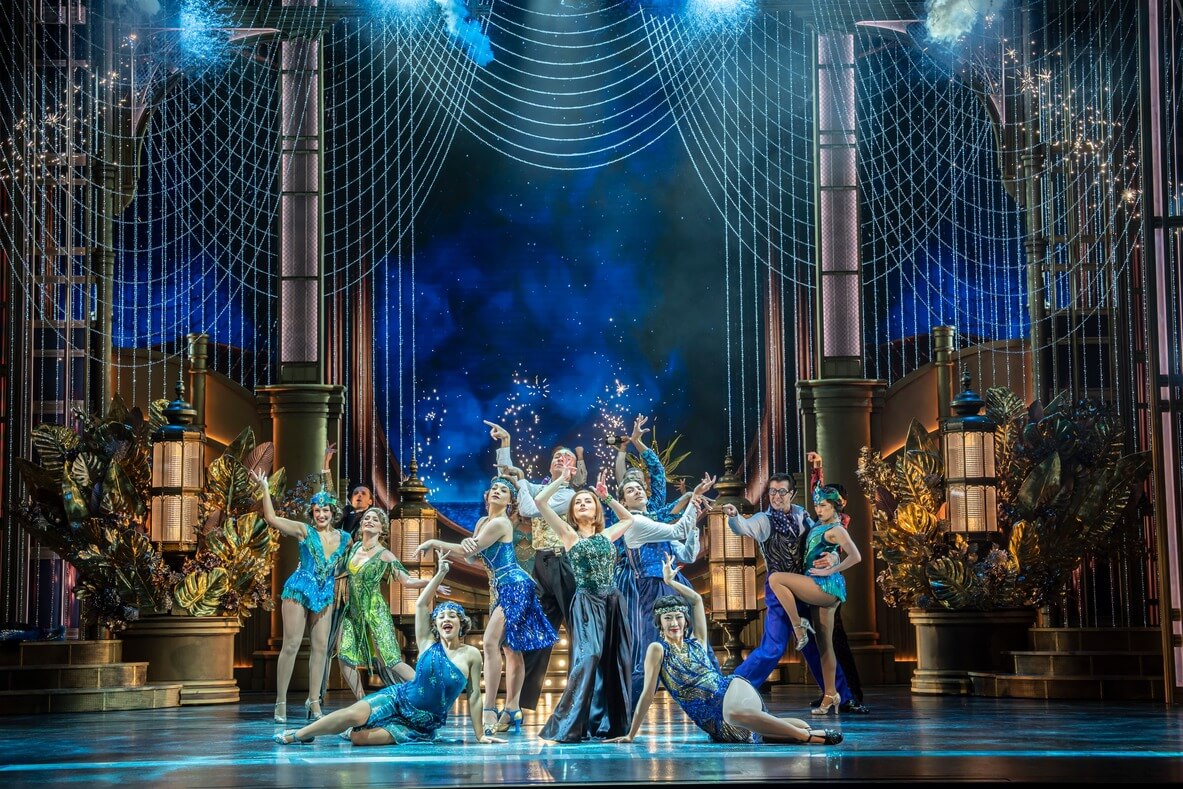More than mere hair-cutting spaces, these social dens of African maleness serve their occupants variously as community confessional, political and religious soapbox, newsroom and as a venue for raucous sporting rivalry. The inhabitants share jokes and recount memories, seek sage advice from their elders and reveal personal disappointments and difficulties. Sometimes combative, sometimes supportive, each scene (some of which contain loosely contrived plot-overlaps) is revealing and engages the audience.
There's an inherent charm in many of the stories and exchanges, but far from shying away from contention, Ellams asks us to question our established perceptions of Africa through several soliloquised outpourings (most notably and surprisingly perhaps, on the merits of Mugabe and the abject failure of Mandela). These unexpected challenges to established western media opinion, succinctly demonstrate that not every issue - or indeed person - is simply black or white. The same disconcerting edge is felt during discussions over the use of pejoratives such as the Afrikaans word “kaffir” and whether there is mitigation in rappers using “nigga” over “nigger”.
With the play presented in the round, the cast set the tone neatly from the outset by engaging with audience members as they self-consciously pick their way across the set to take their seats - coaxing some to dance, whilst offering mock haircuts to others. Each location is announced and ‘created’ with furniture swirled around the set by cast members as they sing and chant a city name at the start of each scene. Above the action is suspended a giant metal globe which illuminates, emphasising both the physical distance which separates us and the connections which bind.
It was evident some audience members struggled with certain dialects and the occasional rapid pace of delivery, but in the main, humour hit home, pathos achieved poignancy and I was gladdened that creatives are still challenging and achieving.

 BARBER SHOP CHRONICLES which enjoyed its world premiere at the Dorfman on 7th June, is Inua Ellams’ third play at the National. Perhaps unsurprisingly given the title, the action - or more accurately, the barbed dialogue exchanges - all take place within the backdrop of a barber shop and (on the basis that differing parts of the world may be home to differing opinions), we are treated to six establishments, located in London, Harare, Kampala, Lagos, Accra and Johannesburg.
BARBER SHOP CHRONICLES which enjoyed its world premiere at the Dorfman on 7th June, is Inua Ellams’ third play at the National. Perhaps unsurprisingly given the title, the action - or more accurately, the barbed dialogue exchanges - all take place within the backdrop of a barber shop and (on the basis that differing parts of the world may be home to differing opinions), we are treated to six establishments, located in London, Harare, Kampala, Lagos, Accra and Johannesburg.


 The Who’s 1969 concept album forms the basis for Pete Townshend’s rock opera, last seen in London’s West End back in 1996 at the Shaftesbury Theatre; the story of a “…deaf, dumb and blind kid (who) sure plays a mean pinball”, wowed audiences then, and does again here.
The Who’s 1969 concept album forms the basis for Pete Townshend’s rock opera, last seen in London’s West End back in 1996 at the Shaftesbury Theatre; the story of a “…deaf, dumb and blind kid (who) sure plays a mean pinball”, wowed audiences then, and does again here.